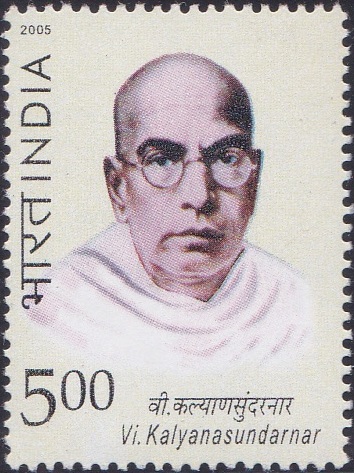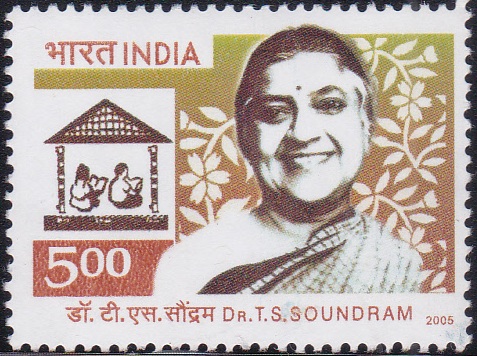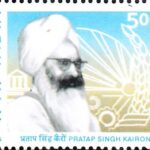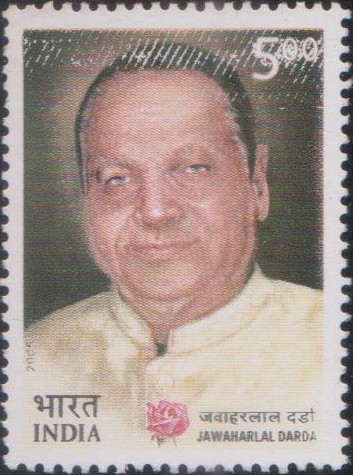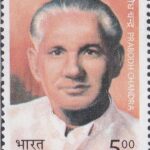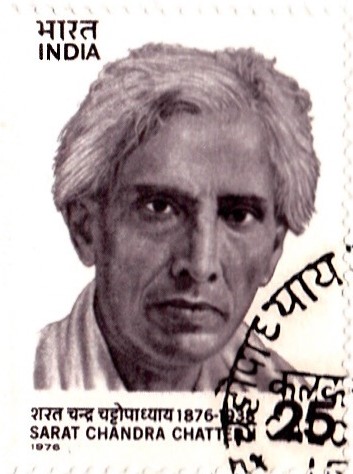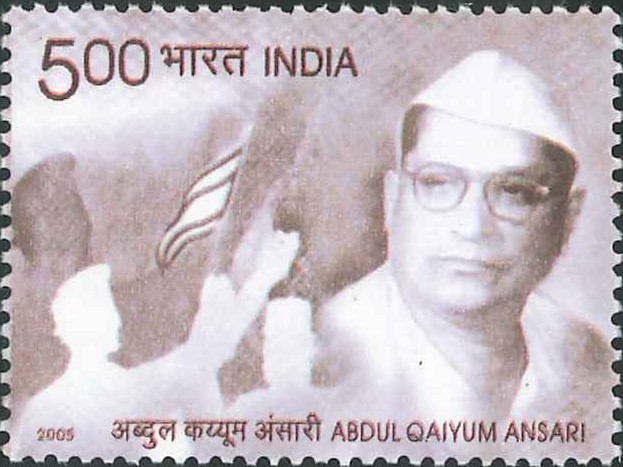
Abdul Qaiyum Ansari
A commemorative postage stamp on the Birth Centenary of A. Q. Ansari, President of All India Momin conference :
 Issued by India
Issued by India
Issued on Jul 1, 2005
Issued for : The Department of Posts is privileged to issue a commemorative postage stamp in honour of Abdul Qaiyum Ansari.
Credits :
Stamp, FDC & Cancellation : Alka Sharma
Type : Stamp, Mint Condition
Colour : Multicolour
Denomination : 500 Paise
Print Quantity :
Stamp : 0.6 Million
Printing Process : Photogravure
Printer : India Security Press, Nashik
Name : Abdul Qaiyum Ansari
Born on Jul 1, 1905 at Dehri–on–Sone, Bihar, India
Died on Jan 18, 1973 at Amiawar, Bihar, India
About :
- Abdul Qaiyum Ansari was a distinguished patriot, an eminent leader and administrator, and a social reformer with a firm commitment to national integration, secularism and communal harmony.
- Born at Dehri-on-Sone in Bihar on 1st July, 1905, he was the second son of M. Abdul Haq and Safia Begum. After studying at Sasaram and Dehri-on-Sone High Schools, he went on to attend Aligarh Muslim University, Calcutta University and Allahabad University, though his education was interrupted from time to time due to his active involvement in the struggle for India’s freedom. He got caught up in the movement at a very young age when he, along with others, left the government run school at Dehri-on-Sone, to establish a national school for the students who had boycotted government schools in response to the call of the Indian National Congress. Arrested and imprisoned at the young age of 16 for taking part in the anti-British Non-cooperation and Khilafat Movements, he remained closely associated with the Indian National Congress throughout his years as a youth leader and took part in the students’ agitation against the all-white Simon Commission during its visit to Calcutta in 1928.
- Abdul Qaiyum Ansari opposed the communal policies of the Muslim League and its demand for the creation of Pakistan by dividing India, as also its claim to represent the Muslims of India. He, therefore, started the Momin Movement in 1937-38, to counteract the policies of the Muslim League, and for the social, political, and also economic emancipation and upliftment of the backward Momin community which made up at least half of India’s Muslim population. Under his leadership the All India Momin Conference supported the Congress under the leadership of Mahatma Gandhi which he perceived to be fighting for freedom for a united India, and for the establishment and development of social equality, secularism and democracy. He also worked for the economic welfare of weavers and other artisan communities, and for the development of the handloom sector in the textile industry of the country.
- In the general elections of 1946 held on the basis of separate electorates, his party won six seats in the Bihar Provincial Assembly against the Muslim League. He became the first Momin to become a Minister of Bihar. Later on, in consultation with his party, he signed the Congress pledge and dissolved the Momin Conference as a political body, and made it a social and economic organization. He was a Minister in the Bihar Cabinet for about seventeen years and held various important portfolios and discharged his responsibilities most ably, building up a reputation for selfless service and integrity.
- He was the first Indian nationalist Muslim Leader who condemned the Pakistani aggression on Kashmir during October, 1947, and strenuously worked to rouse the Muslim masses to meet such aggressions as true citizens of India. He also founded the Indian Muslim Youth Kashmir Front in 1957 for liberation of Pakistani occupied areas of Kashmir. Subsequently, he also exhorted the Indian Muslims to support the Government of India in the anti-Indian uprising of the Razakars in Hyderabad during September, 1948.
- A champion of the poor and downtrodden, Abdul Qaiyum Ansari worked for the spread of education and literacy and the first All India Backward Classes Commission was appointed by the Government of India in 1953 largely at his initiative.
- Widely read and traveled, with a formidable understanding of national and international affairs Abdul Qaiyum Ansari was associated with numerous public and government bodies in his lifetime. He was also an accomplished journalist, writer and poet, and editor of Urdu weekly “Al-Islah” (The Reform) and an Urdu monthly “Musawat” (Equality) in the pre-independence days.
- A man of the people, Abdul Qaiyum Ansari died in their service on 18th January, 1973, at village Amiawar of Bihar, while inspecting damages caused to the village due to the collapse of the Dehri–Arrah canal and organizing relief to its homeless people.
- Text : Material given by the proponents.
Subscribe
Login
0 Comments


